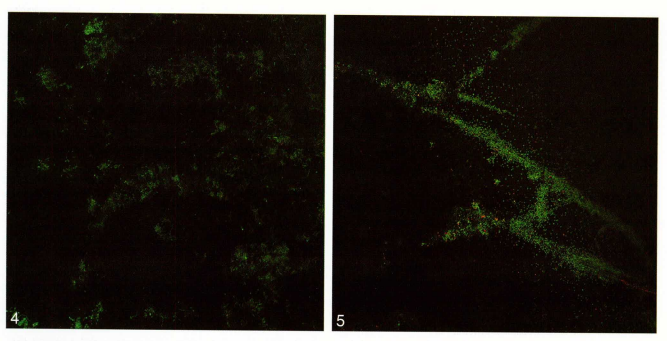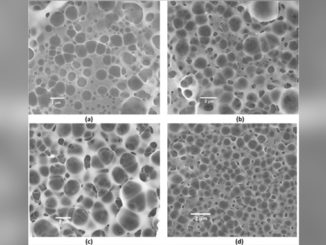
Impact of Physical Chemical Characteristics of Abutment Implant Surfaces on Bacteria Adhesion
Abstract: Surface attachment is the first step in biofilm formation, and the ability of bacteria to adhere to surfaces and develop a biofilm is directly influenced by electrostatic interactions between the bacteria and the chemical composition of material surfaces. Here, we investigated the influence of physical and chemical characteristics of titanium (Ti) and zirconia (ZrO2) as implant abutment surfaces on the bacterial adhesion phase and compared the results to bovine enamel (BE) simulating a human tooth. To achieve this goal, we used 2 common pathogens of the oral cavity, Streptococcus mutans UA140 and Porphyromonas gingivalis 33277. To investigate the influence of material surfaces on bacterial adhesion, we studied the surface free energy as well as the topography by atomic force microscopy, and the chemical elements composition by scanning electron microscopy equipped with an energy dispersive X-ray spectroscope. Our results indicated a hydrophobic characteristic for all of the materials; however, the presence of polar and nonpolar components could aid in understanding why greater numbers of bacteria had adhered to BE compared to the other surfaces. Our confocal microscopy data support the proposition that electrostatic interactions, indeed, affected the initial adhesion phase. Within the limitations of a laboratory study, the results revealed bacterial adhered on BE and no bacteria could be observed by confocal images on Ti and ZrO2 implant abutment surfaces.
Author(s): de Avila, ED; de Molon, RS; Lima, BP; Lux, R; Shi, WY; Jafelicci, M; Spolidorio, DMP; Vergani, CE; Mollo, FD
JOURNAL OF ORAL IMPLANTOLOGY
Volume: 42 Pages: 153-158 Published: APR 2016
PDF: Impact of Physical Chemical Characteristics of Abutment Implant Surfaces on Bacteria Adhesion
DOI: 10.1563/aaid-joi-D-14-00318




